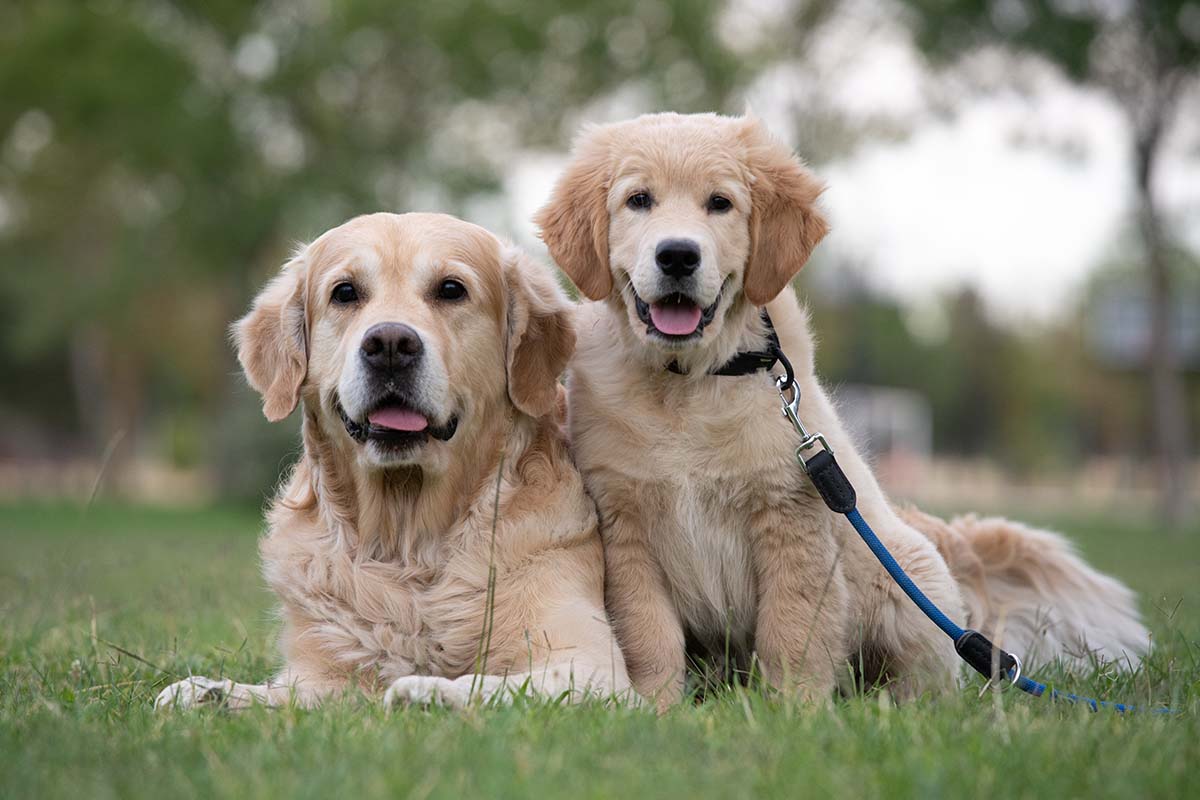Adopting a dog is a fantastic experience that can bring incredible joy to your life. Still, before committing to such an important responsibility, it’s crucial to understand the various breeds of dogs out there and what each requires in terms of attention, exercise needs, health issues, and more. To ensure you find the doggie companion who will be the perfect fit for you and your lifestyle, here’s a look at 8 things you need to know about dog breeds before making the final decision. Let’s dive into it!
Things About Dog Breeds Before Adopting: Take Size Into Account
For many people, choosing a dog breed can be a tough decision. When considering adopting a furry friend, it’s important to understand the differences between small and large breeds.
Size is the obvious factor, with small breeds weighing in at under 20 pounds and large breeds weighing over 50 pounds. Smaller dogs require less space, making them a great choice for apartment living. On the other hand, larger breeds need a large backyard due to their size.
Research the grooming needs
Before adopting a furry friend, it’s important to research their grooming needs. Every breed has different requirements, from brushing to bathing to trimming nails.
Many people may be drawn to the beloved golden retriever for their lovable personality, but might wonder, “Do golden retrievers shed?” — Well, the answer is yes, they do shed a lot. So, if you’re not up for daily brushing and regular trips to the groomer, a golden retriever may not be the best fit for your home. Alternatively, breeds like the poodle and other low-shedding breeds require much less maintenance which might be what you want.
Learn about common health issues
Different breeds of dogs also tend to have their own unique health issues. This is something you should research before adopting a dog, so you know what to expect when it comes to vet visits and medical costs.
For example, smaller breeds like Chihuahuas are prone to joint problems due to their small size. In contrast, large breeds, such as Great Danes may be more prone to hip and joint issues because of their size. It’s important to understand the common health issues associated with each breed, so you can determine if a particular breed is right for you.
Consider your lifestyle
Your lifestyle plays a key role in determining which breed is right for you. If you’re an active person who loves to take long hikes and runs, then a high-energy breed like the Australian Shepherd or Border Collie might be a good choice. These breeds are typically more active and require plenty of space to run and play.
On the other hand, if you prefer relaxing at home on weekends, then a more low-key breed like the Pug or Bulldog may be the better choice. These pups are often easier to handle in cramped spaces and won’t require as much exercise as larger dogs. Taking the time to consider your lifestyle can make all the difference in finding a dog that fits seamlessly into your life.
Research local regulations
Before bringing a furry companion into your home, it’s important to familiarize yourself with local regulations. Some cities have restrictions on certain breeds of dogs, so you’ll need to make sure your pup is allowed in your area before making the final adoption decision.
Some areas even require pet owners to register their animals and obtain a license or permit to own certain breeds of dogs. You should also consider breed-specific laws that can vary in different cities. Knowing the local regulations will ensure your pup is safe and stays within the boundaries of the law.
Be prepared for training
Adopting a dog requires more than just providing food, water, and love; it also means being prepared to train them properly. Different breeds have different personalities and require different amounts of training, so it’s important to understand what type of temperament your pup has before bringing them home.
Generally speaking, smaller dogs tend to be more curious and need more frequent training than larger breeds. You should also consider the age of your dog: puppies require much more time for potty training compared to adults.
Talk to other owners
If you are interested in a particular breed of dog, take the time to chat with other owners and get their opinion. Not only can they provide insight into common behavioral traits, but they can also highlight what makes the breed unique. Perhaps they can share their personal experiences with training or provide tips on properly caring for the breed.
Gathering opinions and experiences from other dog owners can help you make an informed decision and ensure that the breed you choose is a good fit for your lifestyle and family needs.
Research rescue organizations
Keep in mind that there are countless dogs who need a loving home. While researching breeds is important, you should also consider looking into local rescue organizations and shelters to find the perfect pup for your family.
Rescuing a dog can make a huge difference in their life — and yours! Many rescues even have breed-specific programs, so you can find your perfect pup and help a dog in need. Plus, rescue organizations often provide guidance on questions such as how to properly care for your new furry friend and ensure they feel safe and loved at home. After all, you want to ensure your pup is happy and healthy for years.
Embarking on the journey of dog ownership is a rewarding experience, but it requires careful consideration and preparation. Understanding the breed’s needs in terms of size, grooming, health issues, lifestyle fit, local regulations, training needs, and insights from other owners will ensure the pet you bring home is a good fit for both you and them.
Don’t forget to consider rescue organizations in your search as you might find your perfect companion while making a profound difference in a dog’s life. Before you know it, you’ll embark on a bond that brings immeasurable joy and companionship to your life.




















